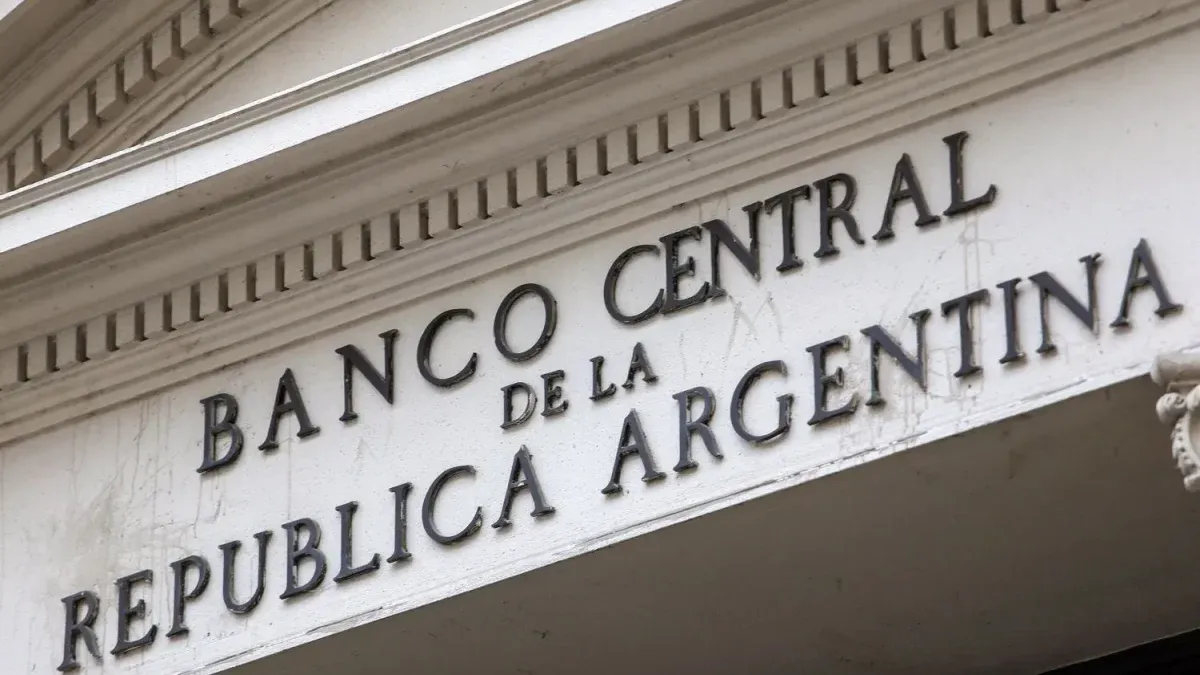Among income, it is estimated that the PAIS tax would represent 0.8% of GDP, the additional increase in withholdings of 15% would add 0.5% of GDP, a reversal of the latest Income Tax reform would contribute 0.4% of GDP and finally, a modification of the Personal Property Tax, a moratorium and eventual money laundering could add 0.5% of GDP.
In the expenditure chapters, there would be increases for retirements and pensions that would mean 0.4% of GDP, current transfers to the provinces would increase by 0.5% of GDP, economic subsidies and capital expenditures would rise 0.7 % of GDP, social programs with intermediaries would scale 0.4% of GDP and operating expenses 0.5% of GDP.
Luis Caputo’s advertisements
The Minister of Economy, Luis Caputo, announced the increase in the exchange rate to 800 pesos per dollar, the end of spending on public works, the reduction of subsidies for energy and transportation and an increase in social aid via Universal Allocation by Son and the Alimentar Card.
In a 17-minute recorded message, Caputo announced the first ten measures that make up the so-called economic emergency package.
The minister stated that the genesis of Argentina’s problem “has always been the fiscal deficit,” which is why he assured that his mission will be to “avoid a catastrophe” and will be focused on “solving the problem of addiction to the fiscal deficit.”
“The Government is coming to fix this problem at its roots so as not to have to suffer more inflation and poverty,” said the minister.
A few minutes after Caputo’s message ended, the International Monetary Fund (IMF), through an official statement and a message from the Managing Director, Kristalina Georgieva, came out to explain their support for the measures.
“These bold initial actions aim to significantly improve public finances in a way that protects the most vulnerable in society and strengthens the exchange rate regime. Their decisive implementation will help stabilize the economy and lay the foundation for more sustainable, government-led growth. the private sector,” said the spokesperson for the multilateral organization, Julie Kozack, in a statement.
Georgieva, for her part, through her account on the social network the restoration of stability and the reconstruction of the country’s economic potential.
Kozack also pointed out that “IMF staff and the new Argentine authorities will work quickly in the next period (…) to get the existing program supported” by the organization back on track.
Among the most notable points, Caputo announced that the official exchange rate will become 800 pesos per dollar, in an exchange rate jump that in fact implies a nominal correction of almost 119% in relation to the price it had until the day. today, $366.
“We are going to establish the official exchange rate, which will be worth $800 so that the productive sectors have the appropriate incentives to increase their production,” said the new head of the Treasury Palace.
The exchange rate modification will also be accompanied by a provisional increase in the Country Tax on imports and withholdings on non-agricultural exports, the rates of which were not specified.
“In this way, we benefit exporters with a better price and equalize the tax burden for all sectors, stopping discriminating against the agricultural sector,” said Caputo.
In the message, the head of the Treasury warned that during “the next few months we are having repressed inflation,” something that is reflected in “the supermarket shelves.”
“We are going to be a couple of months worse than we were before,” acknowledged Caputo, who announced that to partially alleviate this situation “we are going to double the amount of the Universal Child Allowance (AUH) and increase the amount by 50%. of the Alimentar Card”, in order to assist the most unprotected sectors.
“This is the right path, because if we continue down the other path we will continue with more poverty and inflation,” Caputo said.
The minister also announced that “State labor contracts with less than 1 year validity will not be renewed” while “the official (advertising) guideline will be suspended for one year” which demanded $$ 33,000 million this year alone. ends.
Another of the measures announced was the reduction in the number of ministries, which will go from 18 to 9 and in the secretariats, from 106 to 54.
“This will result in a reduction of more than 50% of the hierarchical positions of the public service and 34% of the total political positions of the national State,” explained the minister.
Along with this measure, the national State will reduce “discretionary transfers to the provinces to a minimum. Resources that unfortunately in our most recent history have been used as currency to exchange political favors, to do politics,” Caputo added.
The minister also confirmed that the national State “is not going to tender any more new public works and is going to cancel approved tenders whose development has not yet begun.”
“There is no money to pay for more public works that, as we all know, often end up in the pockets of politicians and businessmen,” Caputo stressed.
“The infrastructure works in Argentina will be carried out by the private sector, since the State does not have money or financing to carry them out,” the minister concluded.
Caputo also anticipated that “we are going to reduce energy and transportation subsidies. Today the State artificially maintains very low prices in energy and transportation rates through subsidies.”
“What they give you in the price of the ticket, they charge you with increases in the supermarket. And with this inflation, it is the poor who ultimately end up financing the rich,” said Caputo.
He also pointed out that transportation subsidies in the AMBA “are an act of profound discrimination against the interior provinces.”
He announced that the Empower Work plans will be maintained in accordance with what is established in the 2023 budget “and we are going, above all, to strengthen social policies that are received directly by those who need them, that is, without intermediaries, such as the Universal Child Allowance and the Food Card”.
Caputo reflected that “if one asked the majority of Argentines what they would say is the biggest problem, the debt, inflation, the dollar or the fiscal deficit. Always the majority of the answers, they would say more than 95% of the answers , they were taken by debt, inflation and the dollar. Virtually no response corresponded to the fiscal deficit.”
“However, the genesis of our problem has always been fiscal. What appears as the problems are actually the consequences,” concluded the minister.
Source: Ambito




